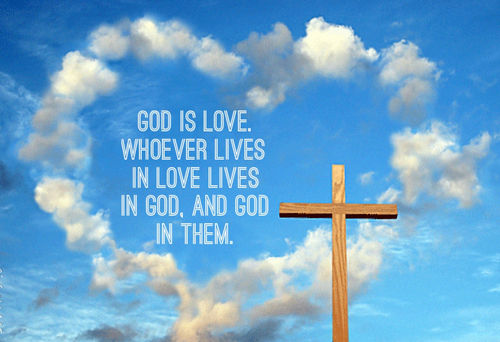Scientific research has shown that intense romantic relationships generate a kind of “root” in our brains. Or “anchor”, which keeps our memories active, on a recurring basis. These studies name the existence of a neurological circuit that records, with greater intensity, memories with greater emotional load.
According to the experts, being alone after a relationship ends does not help or benefit from overcoming the end. Loneliness, or replacing loneliness with a new love, does not prevent the brain from repeating our memories. Neurologists categorize it as “Brain Conflict. “this situation (the relationship ends, but our mind continues to emit images and body sensations).
- There are two structures in our brain in the temporal lobe.
- One called the hippocampus.
- Where declarative and fixation memory is located.
- And the other is called amygdala.
- Which contains emotional memory.
Let’s say, to understand this easily, that for declarative information to be distributed at the brain level, there must be an emotional context, we can give as an example of emotional context a situation lived with a lot of love. The amygdala will detect this context of emotions and generate the sending of neurotransmitters to the hippocampus, thus incorporating it into our memory as a fixation phenomenon.
This event explains why, even after a long period of time, sensations and memories return so freshly in our body, the amygdala inadvertently sends emotional discharges, such as palpitations, sweating, nausea, etc. , the higher the quality with which it registers our brain. The condition, the higher the record of the data in this amygdala and the greater the sensations that it will send continuously. It is common to meet an ex-lover, a year after the end of the relationship and still feel as if there were a lot of memories there, as real as if they had happened yesterday.
Time helps us forget, because connections in the brain decrease in intensity. Neurotransmitters lose potency and memories related to important people also lose strength.
Does time effectively cure pain? Including the pain of love. When a relationship goes wrong, we can only get caught up in a vicious circle of fights, jealousy, whims, screaming and suffering. There’s no point in suffering indefinitely for love.
We must weep, and then embark on a journey of detachment, without looking impatiently into the past, turning our heads into the future and waiting for time to pass.

